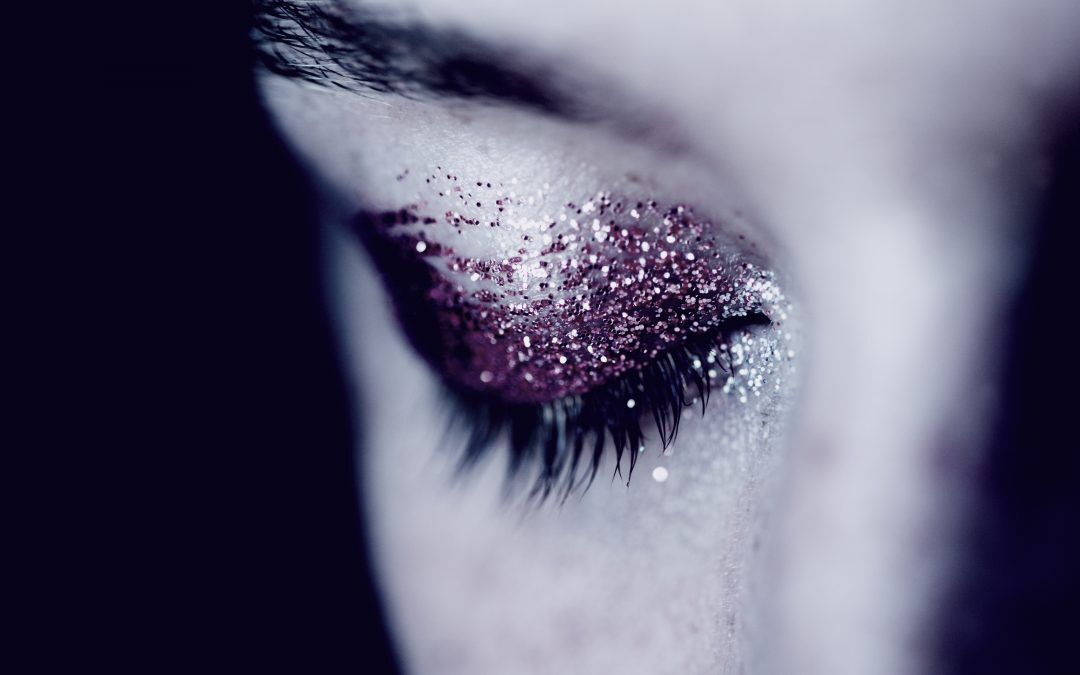Bipolar Disorder
Bipolar disorder (BPD) is actually a group of mental disorders with similar features and characteristics, called the bipolar spectrum. BPD is a mental disorder that is characterized by swings in mood from mania (mood that is too high) to depression (mood that is too low), back to normal mood. Individuals with BPD experience mood swings in two directions, or two poles (bipolar).
Bipolar disorder is a separate disorder from what most people refer to as “depression,” a different condition in which individuals only experience depression but not mania. This type of depression is referred to as unipolar depression rather than bipolar depression, as these patients only experience mood swings in one direction, from normal mood to depressed.
Older terms for bipolar disorder are manic-depression or manic-depressive disorder. These terms are not commonly used by mental health professionals anymore.
BPD can be very serious if not treated properly. Untreated BPD can lead to severe damage in interpersonal relationships, loss of employment, financial ruin, legal problems, risky behavior with unintended negative consequences, and even suicide.
Mania Phase of Bipolar
“Mania” or “manic” refers to an abnormal mood state lasting more than a few days in which the person is unusually cheerful, euphoric, or irritable, not attributable to drugs or a medical condition. During a manic episode, the individual can go days without sleeping, feel unusually good about themselves, have rapid, exciting thoughts, and speak very quickly. They may be restless and distractible and engage in uncharacteristically risky behavior such as spending sprees, indiscriminate sex, drug use, or other reckless behavior. In severe cases the manic individual can have a break with reality (psychotic symptoms).
Depression Phase of Bipolar
“Depression” refers to an abnormal mood state lasting at least a few weeks in which the person feels depressed and sad or has a loss of enjoyment and pleasure about most daily activities. Individuals with severe depression can also experience changes in appetite, sleep, problems with their attention and concentration, feeling chronically tired, have poor self-esteem or excessive guilt, and have thoughts of suicide or even make a suicide attempt.
Family and Bipolar Disorder
Bipolar disorder can have a devastating effect on the family members of a patient with untreated BPD. Family members often are left to “pick up the pieces” and the emotional, financial, and legal consequences of the patient’s behavior when ill. Family members often recognize the onset of a bipolar episode long before the patient realizes that they are ill. Mania usually feels good in the initial stages, and many patients are reluctant to let go of the good or “high” feelings that accompany a new episode of mania. As family members realize that the bipolar patient is “ill” rather than “bad,” they can become a tremendous asset in the treatment of BPD by helping the patient get into treatment and stay in treatment.
If any of the above description sounds familiar to you, or seems to describe a loved one, get professional help right away. There are very effective psychological and medication treatments for BPD when administered by qualified mental health experts.
Because bipolar symptoms can also have other medical and psychological causes, it is essential to have an evaluation by a clinical psychologist or a psychiatrist who is a specialist in diagnosing bipolar disorder as quickly as possible.


Leave A Comment